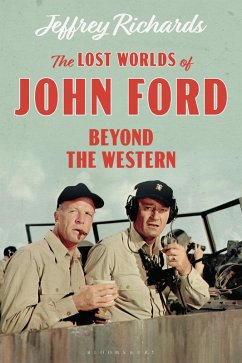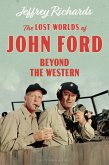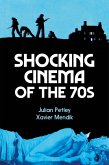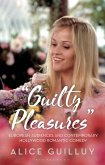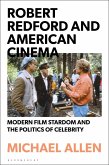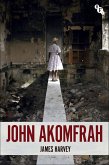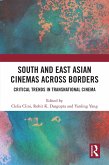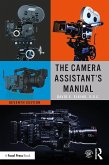The great director John Ford (1894-1973) is best known for classic westerns, but his body of work encompasses much more than this single genre. Jeffrey Richards develops and broadens our understanding of Ford's film-making oeuvre by studying his non-Western films through the lens of Ford's life and abiding preoccupations. Ford's other cinematic worlds included Ireland, the Family, Catholicism, War and the Sea, which share with his westerns the recurrent themes of memory and loss, the plight of outsiders and the tragedy of family breakup. Richards' revisionist study both provides new insights into familiar films such as The Fugitive (1947); The Quiet Man (1952), Gideon's Way and The Informer (1935) and reclaims neglected masterpieces, among them Wee Willie Winkie (1937) and the extraordinary The Long Voyage Home. (1940).
Bitte wählen Sie Ihr Anliegen aus.
Rechnungen
Retourenschein anfordern
Bestellstatus
Storno

